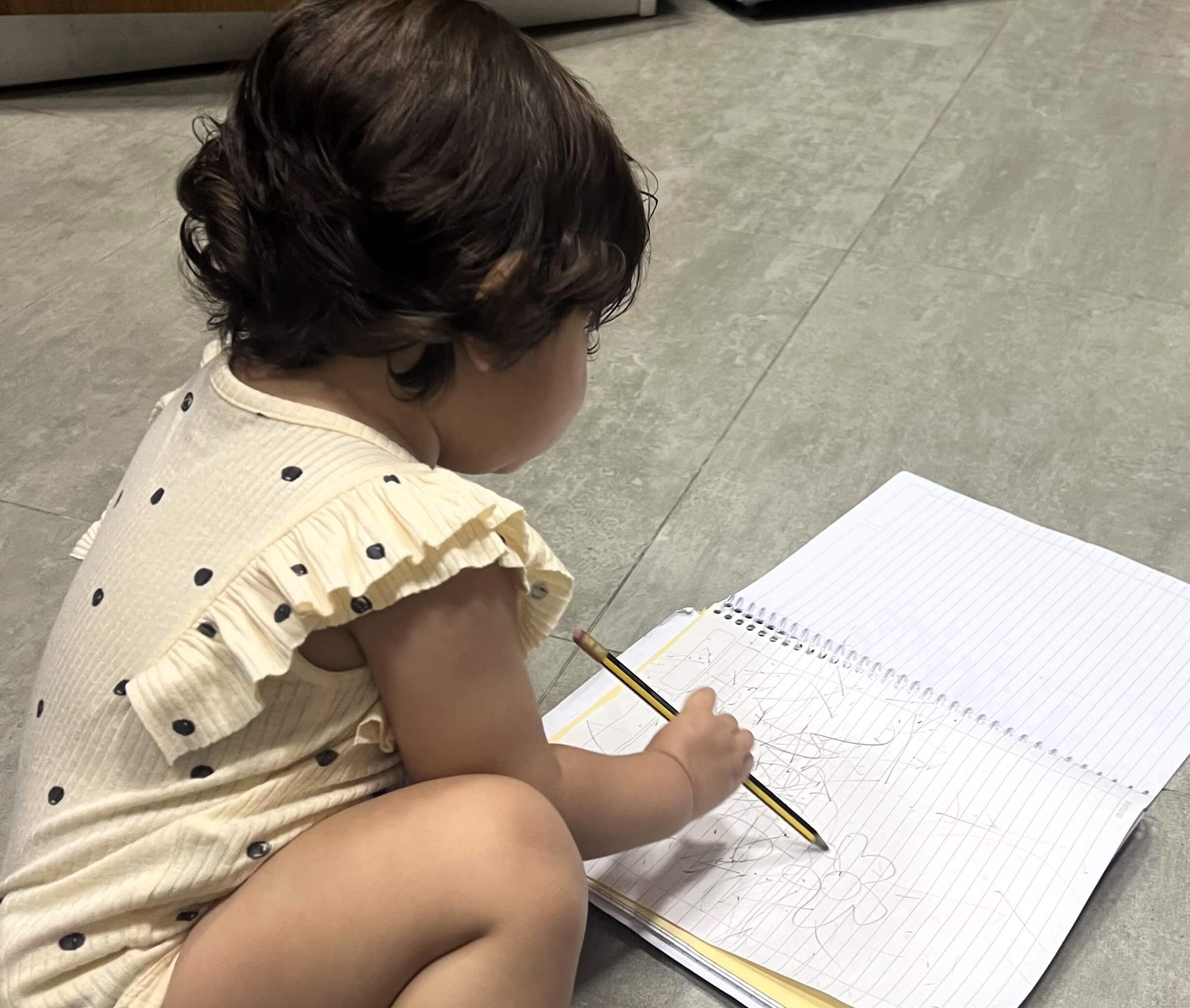Understanding Childhood Developmental Trauma
While everyone experiences transient feelings of fear, anxiety, sadness, or numbness; for some people those felt experiences are overwhelming and destabilizing. In fact, it is often people’s concerns over the intensity of their feelings that brings them into psychotherapy, with only a vague awareness of what may be causing or triggering that intensity. In many such cases, psychotherapists often consider childhood developmental trauma as the culprit for deeply intense emotional experiences that may feel out of proportion to one’s current life or context.
Developmental trauma refers to painful, repetitive, and often interpersonal experiences that occur during a person’s early life. These experiences can include emotional or physical neglect, verbal, sexual, and/or physical abuse, or witnessing domestic aggression. These often-hidden types of trauma can have far-reaching effects, shaping one’s mental, emotional, and physical health, leaving its mark on our psyches, in our brains, and in our bodies. Such trauma also affects the development of a person’s sense of self, attachment to others and views about the world, which are often stable and sustaining throughout one’s life.
The impact of childhood developmental trauma can manifest in a myriad of ways leading into adulthood. Those issues include:
- Relationship Difficulties: Developmental trauma can hinder the ability to form secure attachments, leading to struggles in building and maintaining healthy relationships.
- Emotional Dysregulation: Developmental trauma can make it difficult to manage emotions and/or creates a fear of experiencing emotions, which can lead to feelings of numbness or disconnection.
- Struggles with Cognitive Functioning: Learning and cognitive impairments are common, making focus, concentration, decision-making and planning difficult.
- Self-Esteem and Identity Issues: Developmental trauma can erode self-worth and contribute to an inaccurate and often unfair sense of self and identity.
- Psychological Disorders: Developmental trauma puts people at higher risk of mental health disorders such as anxiety disorders, depression, eating disorders and complex post-traumatic stress disorder (C-PTSD).
- Low Self-Compassion: Developmental trauma can lead to a harsh and critical outlook on self and one’s struggles, leaving little room for self-compassion and self-forgiveness.
Healing from Childhood Developmental Trauma
While the impact of developmental trauma is profound, the psychological path to healing and recovery is equally profound. Trauma-focused therapeutic work is a joint venture between the patient and the therapist requiring that therapists offer patients a strong, holding presence of attunement, safety, patience and compassion. The process may look different between treatment approaches given there are many kinds of trauma-focused therapies; yet the parts of the different therapies are actually quite similar. Below are several important components of trauma-focused therapy that patients should be aware of.
The first component of trauma-focused work involves the patient recognizing his or her own experiences of childhood developmental trauma and the effects of that trauma in their past. This process allows for a stronger connection to one’s self and one’s history, and a greater awareness of one’s genuine struggles that still exist today.
A second component of trauma-focused work requires a patient’s commitment to his or her emotional well-being. Such a commitment requires a willingness to access difficult feelings and beliefs associated to memories or relationships of the past. Within this experience, patients slowly learn to let go of shame or humiliation and replace old, painful feelings and beliefs with ones more aligned with their current self and current life. Such feelings include vitality, curiosity, self-compassion, and flexibility.
A third component requires a commitment to one’s physical well-being. This process necessitates a willingness to connect with one’s own body safely. Feeling one’s body brings greater awareness to the physical and emotional pain that may still reside in parts of the body, and the ways in which such experiences actually limit the patient. Such work challenges patients towards newer and lighter bodily experiences and healthier behaviors.
While the knowledge and awareness of developmental trauma can appear scary at first, the wisdom that comes from understanding ourselves and the impact of our past, has profound and far-reaching effects on our emotional well-being, life choices and physical health. Our emotions and our bodies serve us as guides, speaking to us about our hurt and signaling a need for change. Through the therapeutic process, patients learn to apply the same principles of attunement, compassion and patience towards themselves as they journey on through their lives and learn to listen to and understand their needs.
Tima El Jamil, Ph.D. is a clinical psychologist at the MapleTree Center in Dubai, UAE.




